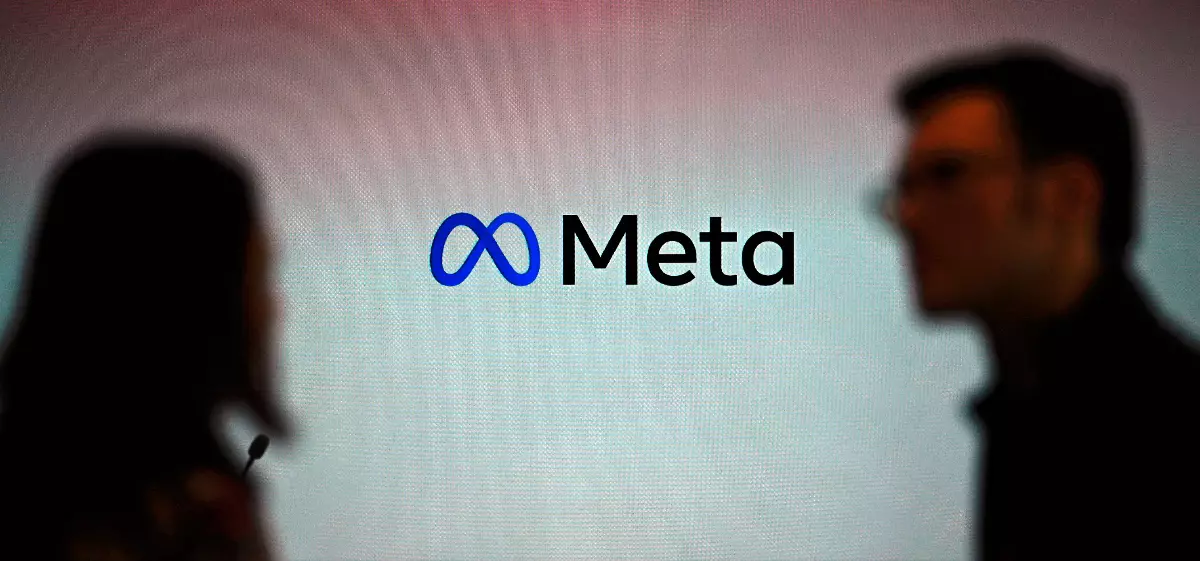Meta, formerly known as Facebook, recently provided an update on how it plans to adhere to the guidelines set forth by the Digital Markets Act (DMA) in Europe. This legislation aims to promote competition within digital marketplaces, particularly within the realm of messaging apps such as Messenger and WhatsApp.
As per Meta’s announcement, the company will be introducing new features to comply with the DMA. One of the key requirements of the legislation is to enable interoperability between WhatsApp and Messenger with third-party messaging services and apps. Meta plans to incorporate notifications within both platforms to inform users about these integrations. Additionally, an onboarding flow will be introduced where users can learn more about third-party chats and activate them as desired. These features are expected to be fully operational by 2027.
While Meta’s efforts towards compliance are commendable, there are potential obstacles that could impede the seamless integration of third-party messaging services. For instance, major players in the messaging app market, such as Viber and Telegram, have not yet confirmed their support for these interoperability features. Furthermore, ensuring end-to-end encryption, a crucial aspect of messaging security, may pose technical challenges.
Meta has faced criticism for its alleged violations of other aspects of the DMA. The European Commission raised concerns about Meta’s “pay or consent” ad model, which allows users in the EU to choose between a paid ad-free experience or a free version supported by ads. This model was deemed non-compliant with the DMA, highlighting Meta’s struggles to adhere to the stringent regulations.
Despite the challenges and criticisms, Meta remains committed to collaborating with third-party messaging services to enhance user experience and promote competition in the digital marketplace. The introduction of rich messaging features, such as reactions, direct replies, typing indicators, and read receipts, is on the horizon. These developments aim to provide users with a more interactive and engaging messaging experience.
Meta’s journey towards compliance with the DMA is a work in progress. The company’s efforts to introduce interoperability features and enhance messaging functionalities demonstrate a commitment to fostering a competitive and user-centric digital environment. However, addressing concerns raised by regulators and ensuring seamless integration with third-party services will be essential for Meta’s success in the ever-evolving landscape of messaging apps.

